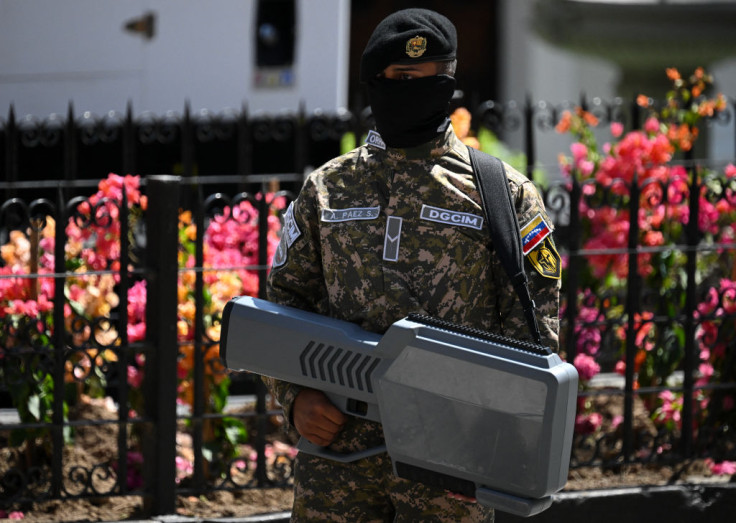
The Trump administration is weighing the possibility of designating Venezuela's General Directorate of Military Counterintelligence (DGCIM) as a terrorist organization, according to reports by Colombian outlets RCN and NTN24.
Such a move would mark an escalation in Washington's pressure campaign against Nicolás Maduro, whom U.S. authorities accuse of leading the so-called "Cartel de los Soles."
RCN reports that the designation under review targets the DGCIM and could involve new economic sanctions. The agency faces accusations of serious abuses against political prisoners, with the initiative appearing to focus on Colonel Alexander Granko Arteaga, a senior officer within the agency.
The news arrives amid broader discussions of possible military action against drug cartels operating in Venezuela. When asked on Sunday if he plans to authorize strikes, Trump responded with "you'll find out," before departing the White House for New York. At the same time, the U.S. has expanded its military presence in the Caribbean, deploying warships, F-35 fighter jets, and thousands of Marines as part of operations described as counter-narcotics and counterterrorism measures.
Amnesty International identified the DGCIM as one of the main state agencies responsible for enforced disappearances in Venezuela in a damning report back on July 15 titled "Venezuela: Enforced disappearances amount to crimes against humanity." In it, the organization documents 15 cases since July 2024, with 11 individuals still missing. Victims include Venezuelans and citizens of the United States, France, Spain, Ukraine, Colombia, and Uruguay.
Accusations agains the DGCIM go further back as evidenced by The United Nations Independent International Fact-Finding Mission on Venezuela (FFMV) report from 2022 which found that the agency, along with the Bolivarian Intelligence Service (SEBIN) operate as coordinated structures under Maduro to repress dissent.
In all, the UN documented at least 122 cases of torture, sexual violence, and other cruel treatment perpetrated by DGCIM agents across Caracas and other sites, noting that senior officials report directly to the presidency. Martha Valiñas, head of the mission, states: "The DGCIM and SEBIN form part of a machinery designed and executed to fulfill the government's plan to repress dissent. These practices must cease immediately, and the perpetrators must be investigated and prosecuted according to law."
© 2025 Latin Times. All rights reserved. Do not reproduce without permission.






